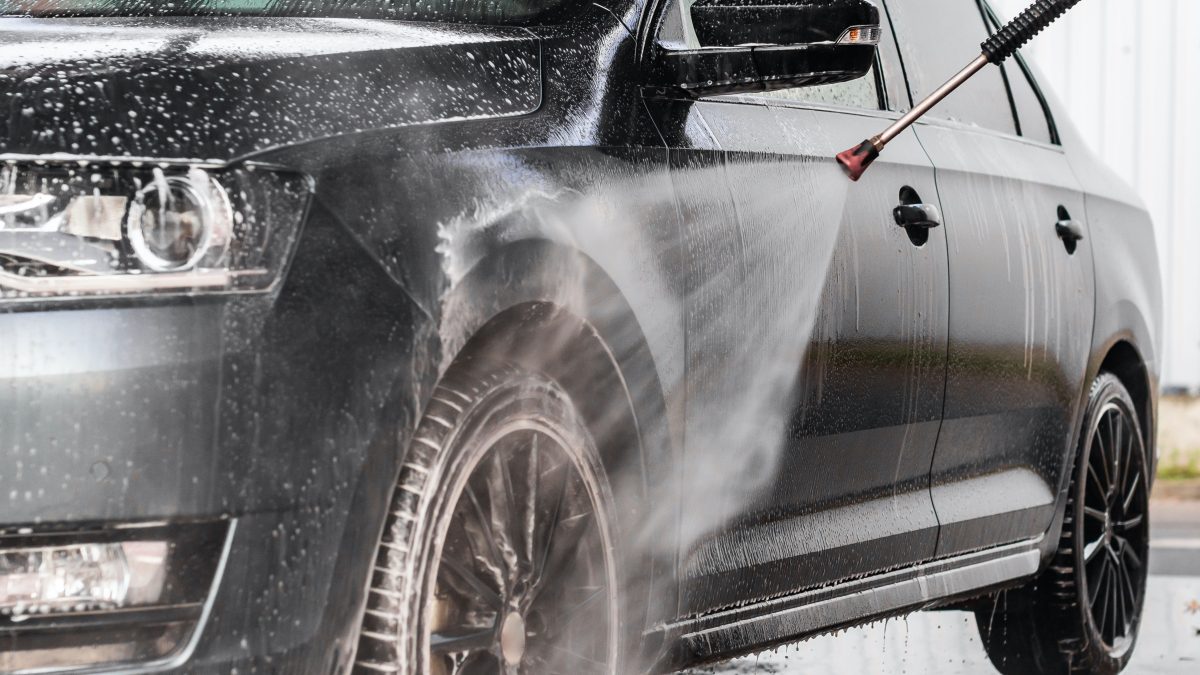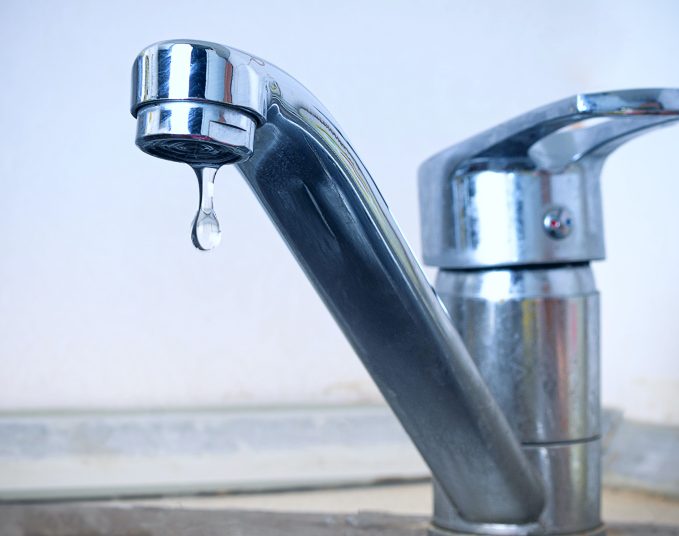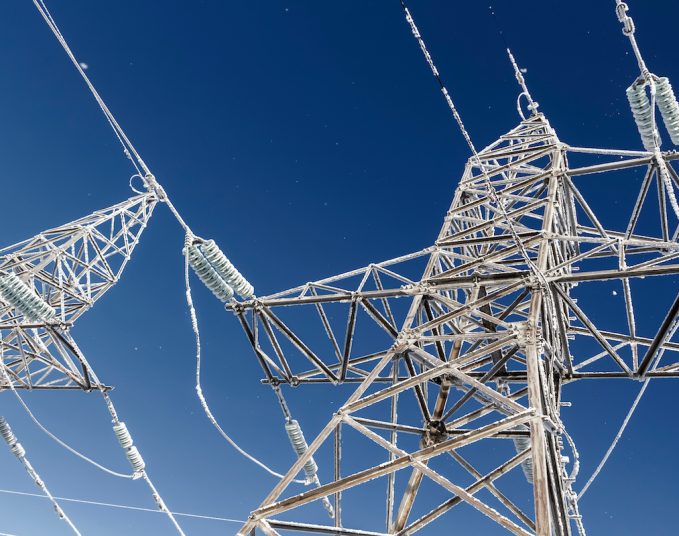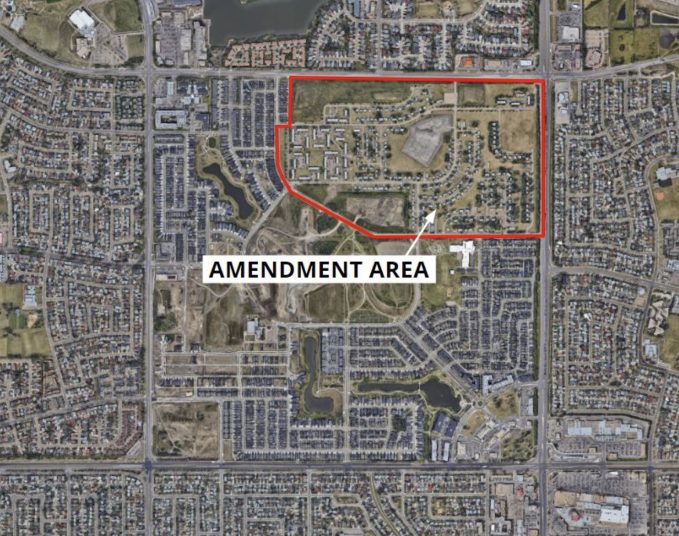Come, some of the work gets kinda hard
This ain’t no place to be if you planned on bein’ a star
Let me tell you it’s always cool
And the boss don’t mind sometimes if you act the fool
At the car wash
Whoa whoa whoa whoa
Talkin’ about the car wash, girl
Come on, y’all and sing it for me
— Rose Royce, “Car Wash”
“Compensation.” “Liability.” “Loss of business.”
If you’re around City Council for even a fairly short amount of time, you will get used to hearing those things, over and over.
Should businesses be compensated when construction projects curtail their traffic? That debate is ongoing, and will come back to council this year. Should city-owned utilities have to compensate businesses when maintenance and repair work require the streets to be shut down? We’ve seen that, too.
And, if a City-owned utility’s technical issue leads to a business having to shut its doors — even for a couple of days — should compensation be in order?
That was the argument that was being made by a group of car wash owners — including the proprietors of big chains like Hughes and Bubbles Car Wash and Detail Centres.
The Utility Committee met with EPCOR’s brass on Monday to go over the late-January “high-impact, low-probability” pump failure at the E.L. Smith, which triggered a ban on non-essential water use from Jan. 29-Feb. 2. As part of that, laundromats and car washes were asked to close.
A group of car-wash owners told city councillors and EPCOR leaders that they lost thousands of dollars during the shutdown, and deserve to be compensated. They slammed the utility for what they said was poor communication. And, they questioned why their businesses were deemed to be non-essential, when others were allowed to remain open — and use water.
“It would be much more fair if you made everyone reduce capacity,” said Michael Seib, who owns a car wash in Manning Common.
“It took thousands of dollars out of my business’s pockets because we were the easiest to pick on.”
Seib said getting his insurance was a non-starter. He told the committee that his insurer had indicated that only had the City come and forcibly turned off the taps, that he might have had a case for a claim. By being good citizens and adhering to EPCOR’s asks, Seib feels that it took away his case for an insurance payout.
Natashi Toffoli, the chief operating officer at Bubbles, said that EPCOR should pay.
“EPCOR’s stance on non-liability appears impractical, and our request for compensation stems from a genuine need to mitigate financial repercussions.”
She said the “non-essential” edict was “seemingly random and unfairly singling out car washes, as if these businesses were expendable.”
Terrina Van Woerkom is co-owner of the Big City Auto and Truck Wash in Morinville. That town, like many surrounding municipalities, depend on EPCOR for its water. EPCOR’s stats show that 28 per cent of its water demand is from outside the city limits. She said car washes and laundromats were unfairly targeted by the “non-essential” tag.
“Water conservation should never be a burden placed solely on two business sectors,” said Van Woerkom.
It’s easy to sympathize with business owners who lose out when the taps are turned off; and there certainly were issues with communication. The car-wash owners claimed that their first EPCOR messages came from either “unknown” callers, or from strange area codes. By now, we’re all so used to “likely fraud” calls and robocalls from “unknown,” that we simply ignore them. So it’s hard to blame business owners for not taking a call seriously that doesn’t show up on the phone as “City of Edmonton” or “EPCOR.”
But compensation is another thing. It’s not something EPCOR does. And their officials told the councillors that it isn’t something utilities do, period. If they were to compensate, it’s a declaration of liability. And once that’s done, there will be an avalanche of refund demands. As well, if EPCOR was to compensate a car wash for lost business because of the pump failure, then what would stop others asking for compensation if their water was shut down due to repairs or routine maintenance? Basically, it’s a Pandora’s box.
Even though the City owns EPCOR, it’s not for City Council to make decisions about things like refunds or compensation. That would require a shareholders’ meeting, and an overhaul of the processes.
EPCOR Director of Sustainability and External Relations Martin Kennedy said he would like to meet with the car-wash owners, and others affected by the water ban, to discuss processes going forward. As suggested by the car-wash owners, if this happens again, there could be ways to share the burden — for example, restaurants only serving water to guests who ask for it, or hotels cutting back on laundry.
Or maybe this is all water under the bridge.
(Sorry.)
Savvy AF. Blunt AF. Edmonton AF.




